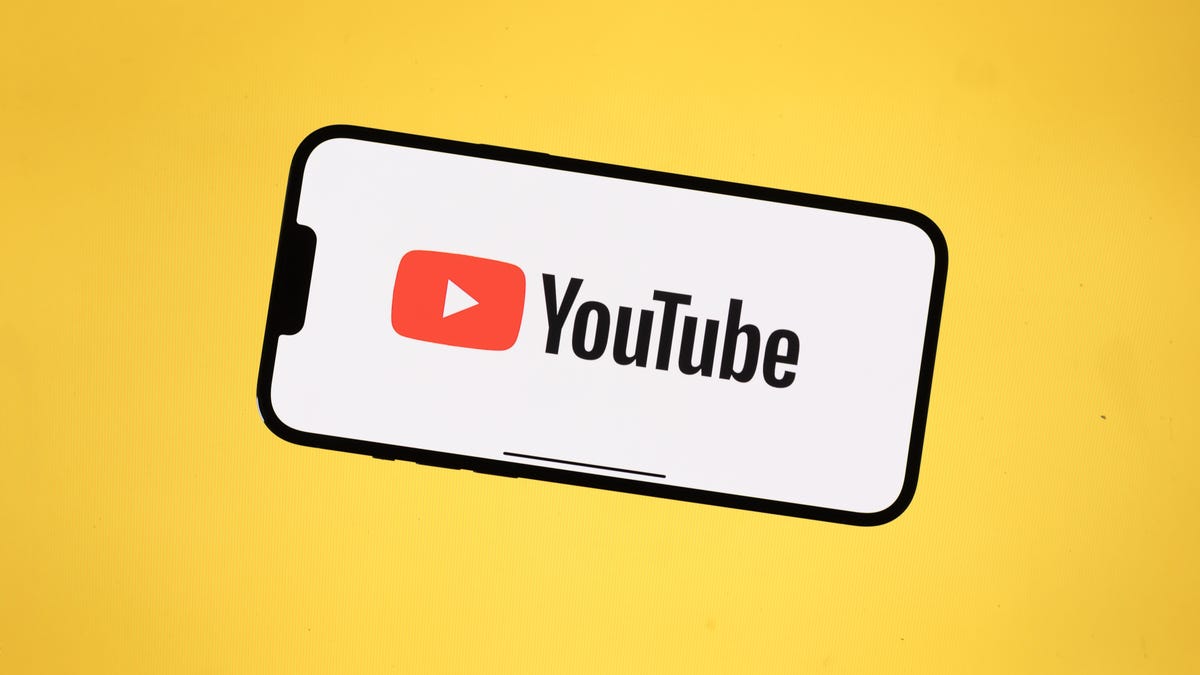Election Misinformation Is Thriving on YouTube -- When It's In Spanish
Spanish-language channels that break the platform's rules face few consequences and continue to spread false narratives.

Election misinformation videos continue to thrive on YouTube, especially if they're in Spanish.
Media Matters, a progressive nonprofit watchdog group, released a report earlier this month pointing out that dozens of videos filled with election misinformation, with more than a million views total, are still on YouTube since being posted in 2020. This is the third report released by Media Matters in three months focusing on Spanish-language videos and channels making debunked claims but facing minimal repercussions from YouTube.
False claims in 40 Spanish-language videos across 25 YouTube channels reviewed by Media Matters included debunked conspiracy theories alleging massive election fraud in the 2020 presidential election, voting machines programmed to change votes and voting by dead people. Claims made of mass voter fraud in that election have been shown to be false, and multiple legal suits that pushed the same claims have been thrown out of court for having no merit. Even members of former President Donald Trump's administration said the election was the most secure in American history.
These videos are largely spreading the same right-wing narratives or topics that are being disseminated in English-language posts, says M. Estrada, a Spanish-language researcher for Media Matters who asked that we not give her first name for security reasons.
Other topics these Spanish-language YouTubers spread misinformation about include COVID vaccines, transgender health issues and other conspiracy theories.
Social media platforms are breeding grounds for misinformation, including YouTube with its more than 2 billion active users per month. False information is more prevalent in non-English-speaking communities due to a lack of moderation, which in turn causes consternation within those groups, especially regarding elections when misinformation is heavily pushed. Spanish is the second-most-spoken language in the US, making Spanish-speaking communities targets for these videos.
When asked about these content creators, YouTube spokesperson Elena Hernandez reiterated the platform's election-integrity policy and its application globally regardless of language, but she didn't provide a response on whether these accounts that violated the policy for the past two years would face any consequences. Hernandez said YouTube does add election-integrity information panels under Spanish-language videos, providing context about the electoral process, and that the platform can reduce the visibility of misinformation videos by excluding them from search results or featuring authoritative Spanish-language sources in the information panels.
YouTube is known for updating its policies regarding misinformation in elections after the election happens, said Brennan Suen, deputy director of external affairs at Media Matters. He said the platform released its updated policy for the 2020 presidential election in early December, about a month after the election took place, which allowed misinformation videos to be ingrained into narratives that led to the Jan. 6 Capitol Hill riot. YouTube said in early December that it would remove any new videos claiming fraud in the election but would allow older videos to remain on the site.
"I think platforms, and particularly YouTube, need to be prepared now, before the 2022 midterms, to address election lies before they can set in. And then especially going into this 2024 election, they need to have proactive policies rather than responsive policies," Suen said.
Of the 25 Spanish-language YouTube channels listed in the three Media Matters reports, four have since been removed from the platform while 17 of the 40 videos regarding election-integrity misinformation have been deleted.

